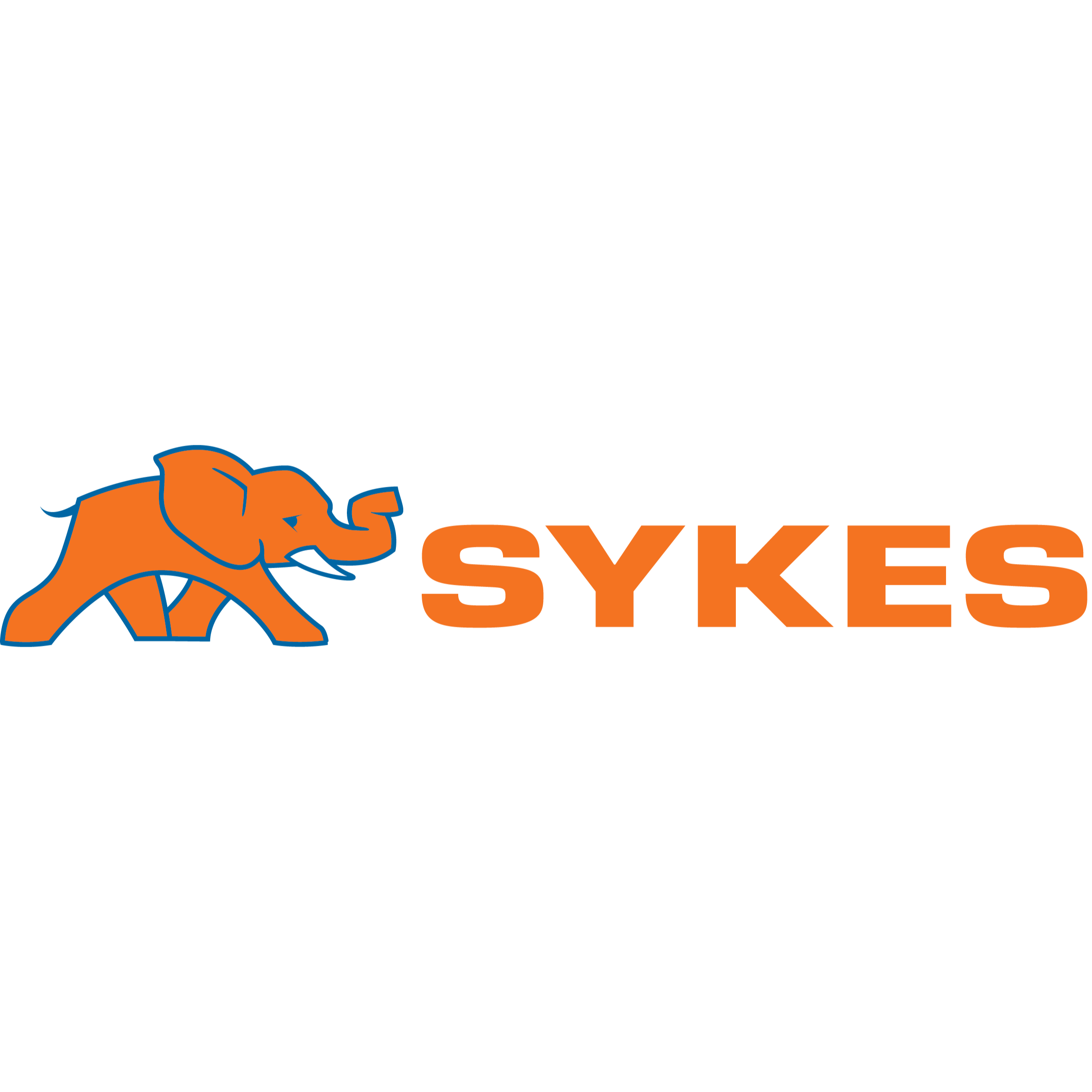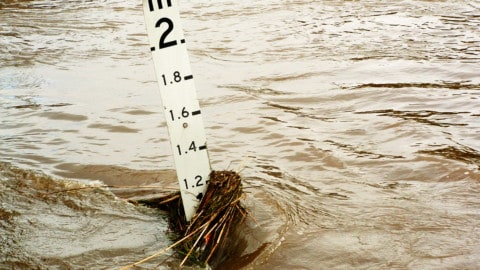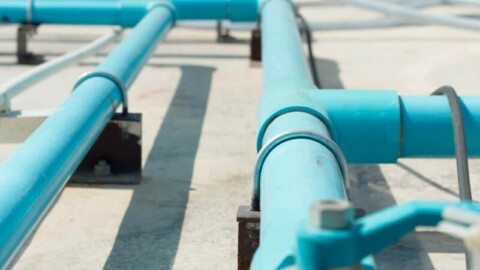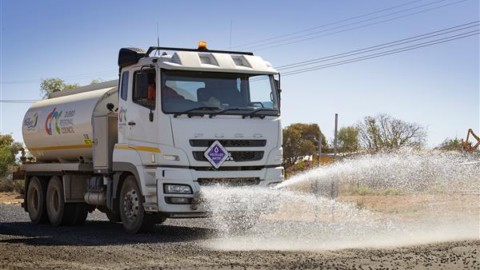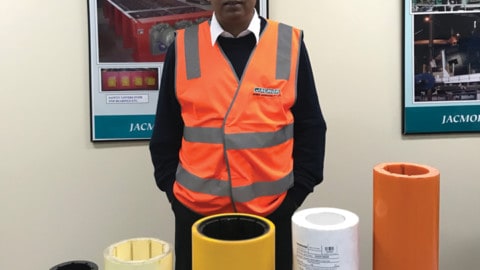In this ongoing series of interviews, we talk in-depth with the end users of pumps across a range of industries and applications. In this edition, Neil Paton, Team Leader Mechanical Services Systems Operations at Wannon Water, discusses the importance of scheduled routine pump maintenance and what he believes to be the big issue facing the pump industry today.
Mr Paton has worked in the water industry as a fitter for 30 years, maintaining all types of pumps associated with sewer and potable water services.
In his current role at Wannon Water, he leads a team four fitters, scheduling preventative and reactive works, as well as assisting with new project design and fault finding issues within the Corporation.
Importance of routine maintenance
Wannon Water is Victoria’s second largest regional urban water corporation by service area, and extends over approximately 23,500 square kilometres, supplying water and sewerage services to a permanent population of more than 83,000 people. Mr Paton said completing routine maintenance is a key aspect of keeping costs down and ensuring reliable
services.
“It is very important to have a proper maintenance schedule to ensure that the asset is kept to a high operating standard because normally a lot of money has been invested into the project,” Mr Paton said.
“Down time due to lack of maintenance is not acceptable in my view.
“Annually all pumps in our system are inspected, this could be as simple as listening to it running and greasing, to full service check involving ensuring that the base plate is tensioned down to plinth, pump and motor tensioned to base, coupling alignment, thermal imaging, vibration analysis, bearing change, wear ring change or impeller balancing. All of this information is recorded in the Corporation’s asset management system.”
Energy efficiency and sourcing parts

A major rebuild of a pump, involving removal of the base plate, sand blasting refitting, bearing changes on both pumps and motor, and laser alignment.
Mr Paton said efficiency is the most important factor when selecting a pump but reliability, serviceability and cost also need to be taken into account.
“I believe efficiency is the most important factor in deciding on pump type and make for both ensuring that the company has minimal running cost associated with the pump, and also from an environmental side to reduce greenhouse gases and energy usage.”
Mr Patson said regular communication also plays an important role in the selection process to ensure the best results between client, consultant and supplier are achieved.
“Hold regular update meetings with all stockholders but keep them short and to the point with open conversation highlighting who is responsible for what actions.”
When asked about challenges currently facing the pump industry, Mr Paton believes the most important issue is in sourcing spare parts.
“Most companies tend to stock minimal parts and I’m finding that it’s becoming a throw away industry due to cheaper quality imports,” Mr Paton said.
Updating knowledge with training
Mr Paton recently undertook the pump fundamental training at Link Pumps and highlighted the importance of regular training to keep up to date with changes in the industry.
“It is important to participate in training so that you can familiarise yourself with new ideas and products. Also to enhance your knowledge and skills already learnt,” Mr Paton said.
“I found the training to be relevant to the needs of pump installation and maintenance.”



